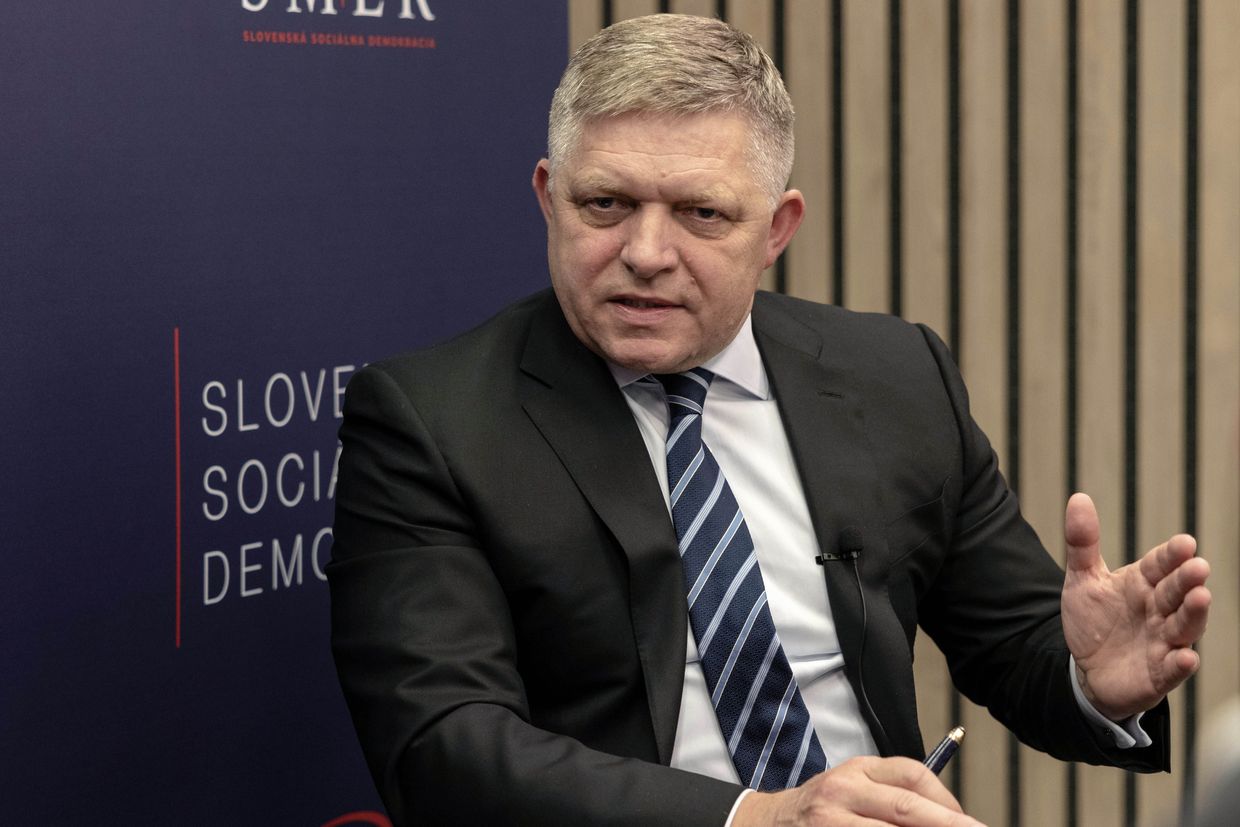Fico's coalition government votes to eliminate office of anti-corruption prosecutor

Lawmakers from Slovakian Prime Minister Robert Fico's coalition government voted on Feb. 8 to eliminate the office of the special prosecutor, tasked with investigating major crimes and corruption.
Lawmakers of Fico’s three-party coalition, who hold a parliamentary majority in the Slovak National Council, adopted the controversial legislation following widespread protests against the reforms.
According to FT, the government's reforms are also set to weaken penalties for white-collar crime while reducing the timeframe within which they can be prosecuted.
In response to the legislation, Slovakia's opposition President Zuzana Caputova called the political maneuver "inadmissible," adding that the reforms "irreparably violate the rights of the victims of crimes."
Under Slovakia's constitution, the president can block the passage of a bill, however, the veto can be overturned through another majority vote in parliament.
Fico was previously investigated by the prosecutor's office, although the charges against him were dropped in 2022.
The European Union has been critical about Slovakia's move to eliminate the office. In response to the Slovakian government's reforms, the European Parliament voted overwhelmingly in favour of a motion that questioned "Slovakia’s ability to fight corruption and protect the EU budget should the reform of the criminal code proposed by the new government of Robert Fico be adopted."
The EU has also threatened to launch legal proceedings if Fico's government went ahead with the legislation.
In contrast with Fico's domestic legislation, the populist prime minister has also previously expressed his concern about corruption in Ukraine, considering it a potential stumbling block in Slovakia's continued support.
In early November, the newly-appointed government rejected delivering a 40.3-million-euro ($43.2 million) military aid package for Ukraine that had been proposed by its predecessor.
Fico has also said that Slovakia should prepare for "the end of the war in Ukraine and for the standardization of Slovak-Russian relations."











